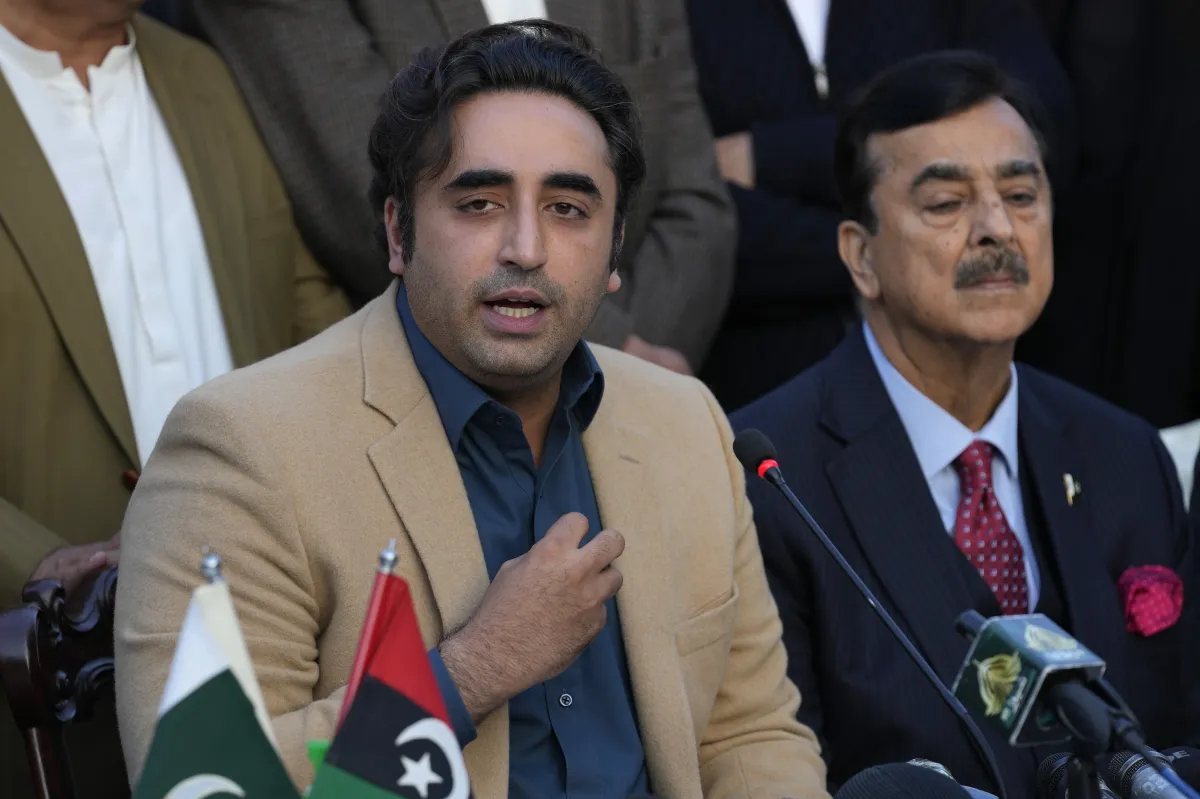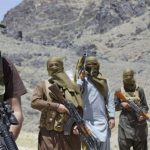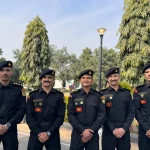In a rare and striking admission, former Pakistan foreign minister Bilawal Bhutto Zardari has publicly acknowledged that the recent Pahalgam attack in Jammu and Kashmir was a terrorist incident. Speaking to Indian journalist Karan Thapar in a televised interview, Bhutto also admitted that terrorist organisations like Lashkar-e-Taiba (LeT) and Jaish-e-Mohammed (JeM) still operate within Pakistan.
While accepting the terrorist nature of the Pahalgam attack, Bhutto firmly denied any role of the Pakistani government or military. He called such allegations “propaganda” and reiterated that Pakistan has suffered greatly due to terrorism. “We have lost over 92,000 lives, including 1,200 civilians in more than 200 attacks just last year,” he stated, warning that 2025 could become Pakistan’s bloodiest year if the violence continues.
Responding to charges of state-sponsored terrorism, Bhutto claimed that Pakistan had offered to cooperate in an impartial international investigation into the Pahalgam attack, but India had declined. “Our hands are clean,” he asserted, dismissing accusations of official complicity.
During the interview, Bhutto acknowledged that groups like LeT and JeM do exist in Pakistan, describing them as remnants of the Afghan jihad era. He explained that these organisations were once viewed as “freedom fighters” during the 1980s and 1990s but have since been outlawed following global pressure post-9/11. He maintained that neither his party, the Pakistan Peoples Party (PPP), nor his late mother Benazir Bhutto, ever supported such groups.
Addressing the 2008 Mumbai terror attacks, Bhutto stated that Hafiz Saeed, the mastermind behind the carnage, was sentenced to 31 years in prison in 2022. However, he placed the blame on India for delays in the legal process, alleging a lack of cooperation in presenting evidence and witnesses. When pressed further about Pakistan’s accountability, Bhutto grew visibly agitated and said, “If you don’t want to hear the answer, I can leave the programme.”
Despite the pointed questions, Bhutto called for constructive engagement between India and Pakistan. He urged both sides to move beyond hostility and focus on a comprehensive dialogue that includes counter-terrorism cooperation. Referring to the assassination of his mother by terrorists in 2007, he said he personally understands the pain of victims and stressed the importance of peace. “Let’s not talk hate and war. Every Pakistani is not a terrorist or an enemy,” he concluded.
The interview has sparked intense debate on both sides of the border, with some viewing Bhutto’s comments as a step toward transparency, while others remain skeptical of Pakistan’s official stance on terrorism.













